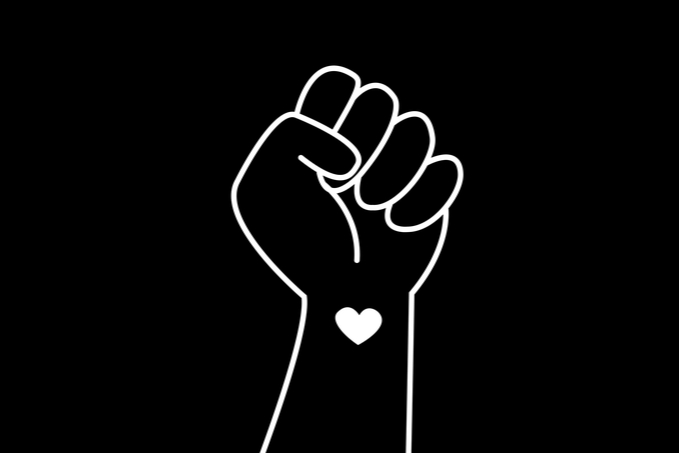Kumba Krubally, PhD candidate in Politics and International Relations, shares her experiences of racist discrimination in the UK
Individuals across the world have expressed outrage over the recent events in the US, specifically the killing of George Floyd by four policemen, and the less publicised murder of Breonna Taylor – a young black woman. This has highlighted the systemic racism prevalent in most western societies, the dehumanisation of black people, and the day to day struggles felt by many people of colour. Black people in the US are not alone in this. The issue is deeply rooted in various other societies including Britain. As long as one looks a certain way, one is prone to discrimination.
As a young black woman living in Britain, I have had my fair share of dehumanising experiences. In the past, I have chosen to disengage from sharing these experiences with others in fear of making them uncomfortable. I also feared that by speaking about them, I would just be regarded as an “angry black woman”. However, just because they are uncomfortable does not mean that they should not be heard. Moving to Britain at the age of 7, I was constantly reminded and still am reminded that I am different. I was urged by my parents to be vigilant, to not talk back, to not stay out too late and to work twice as hard as my white counterparts in order to succeed in life. Although I didn’t understand why at the time, things began to make sense as I grew older.
I am black, I am female, and I am Muslim. This meant I was prone to racism, sexism, and islamophobia. Life went on and I adhered to my parent’s advice albeit experiencing both casual racism and racism justified as “banter”. An experience that will remain with me occurred in 2019, at the age of 22. Walking down the streets of Kent one evening, I would not have dreamt of being subjected to one of the most dehumanising experiences in my life. Four white men in a car hurled abuse and various racial slurs. The car slowed down and pieces of both fried and raw chicken were thrown at me. Feeling depressed and hopeless I chose not to report the matter to the police. I refused to speak about it because I felt humiliated, dehumanised, and degraded. Moreover, I knew the level of systemic racism seeped into the British criminal justice system. Reporting the issue would not have made a difference.
These experiences of mine, and the experiences of many other black people, are a result of the longstanding white supremacist beliefs. This is the belief that black is dirty, black is poor, and black is barbaric, whilst white is clean, white is rich and white is educated. Being categorised based on one’s colour does not and will not make sense to me. These are mere categorical fetishisms that help perpetuate inclusion and exclusion, discrimination, and prejudice.
No individual should have to prove their humanity.
Kumba Krubally is a PhD candidate in Politics and International Relations at Canterbury Christ Church University, working specifically on EU migration policies.
 Politics
Politics Laura Cashman
Laura Cashman 1689
1689



It is important to share these unacceptable experiences. Your role is not to worry about the discomfort of others but to be assured that the strength to speak out makes you a powerful voice that is being heard. I support and reiterate your concluding sentence: “No individual should have to prove their humanity”.